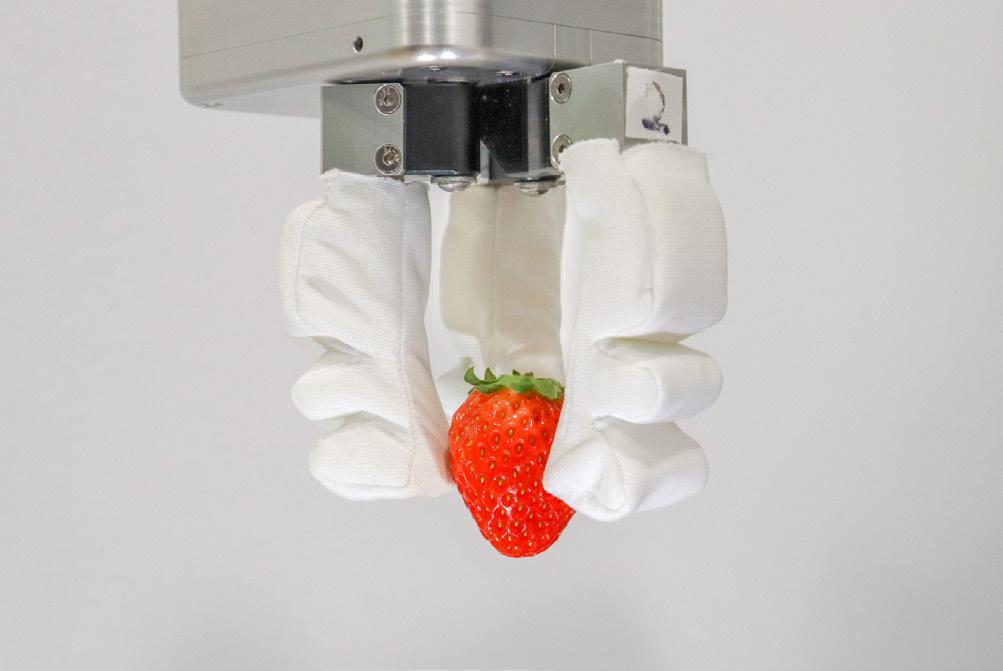




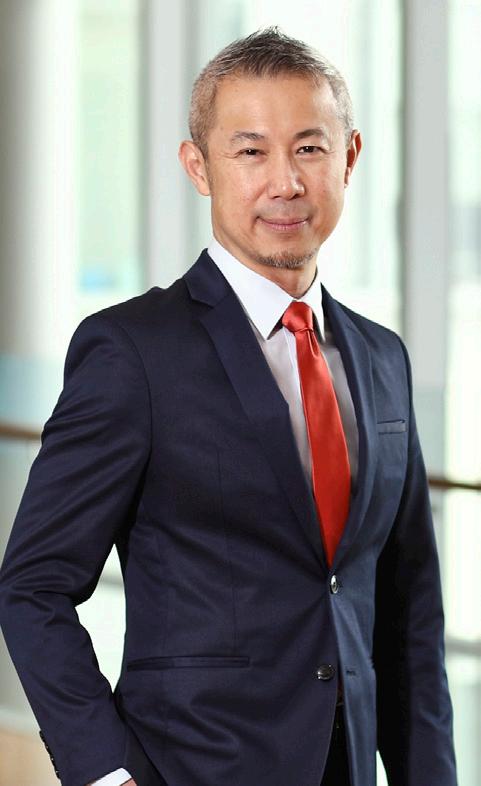
Many countries are now facing food, energy, and water security challenges that are exacerbated by climate change, geopolitical conflicts, and the ongoing COVID-19 pandemic. The development of sustainable systems and policies can help alleviate these strains, and ensure resilience for future generations.
At NUS, we are committed to advancing sustainability solutions, particularly in the areas of coastal defence, urban design, nature-based solutions, the foodenergy-water nexus, and green energy technologies. NUS has designated Sustainability and Urban Solutions as a core research domain, and it is within this interdisciplinary research area that we strive for high quality research that translates to solutions optimized for tropical, urban and Asian settings.
Our latest research centre, the Centre for Hydrogen Innovations (CHI), which is led by Prof Liu Bin, will conduct research in hydrogen production, transportation, and storage, and testbed technologies for deployment. As South East Asia’s first hydrogen research centre, CHI aims to build a hydrogen economy in Singapore, strengthen the nation’s energy security, and contribute to the global agenda of combatting climate change.
In addition to our growing number of sustainability focused research centres and institutes, we continue to further our ambition of generating sustainable solutions for environmental, economic and societal impact, through local and international collaborations. NUS has recently commenced a research collaboration with Keppel Infrastructure to develop sustainable environmental technology solutions in smart grids, renewables, and clean power. In addition, NUS is partnering Resorts World Sentosa to advance biodiversity conservation, and pioneer nature-based, energy efficient solutions for buildings and infrastructure.
Acknowledging the complexity of climate science and sustainability, I would like to recognise Prof David Taylor and his team who has received funding under the Social Science Research Thematic Grant to conduct research that seeks to identify optimal arrangements for governing Nature-based Carbon Sinks (NCS). This work will promote inclusive, adaptive and fair governance across spatial and administrative scales, investigate successful examples of NCS governance in Southeast Asia and assess their potential transferability to other regions.
Together with ongoing research conducted at the Solar Energy Research Institute of Singapore (SERIS), the Centre for Nature-based Climate Solutions (CNCS) and the NUS Environmental Research Institute (NERI), these efforts will ensure NUS continues to shape a resilient, sustainable future for Singapore, the region, and the world.
Professor Chen Tsuhan Deputy President (Research & Technology)

12,414* Research publications


3798 countries 178 from
Our researchers collaborated with institutes & universities



5 Research Centres of Excellence#


34 Research Institutes & Centres#


4 Corporate Laboratories#

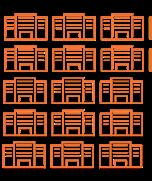
17 Schools & Faculties#
$956.3m^
Total research funds awarded by external sources
From industry and other government sources (local and overseas)
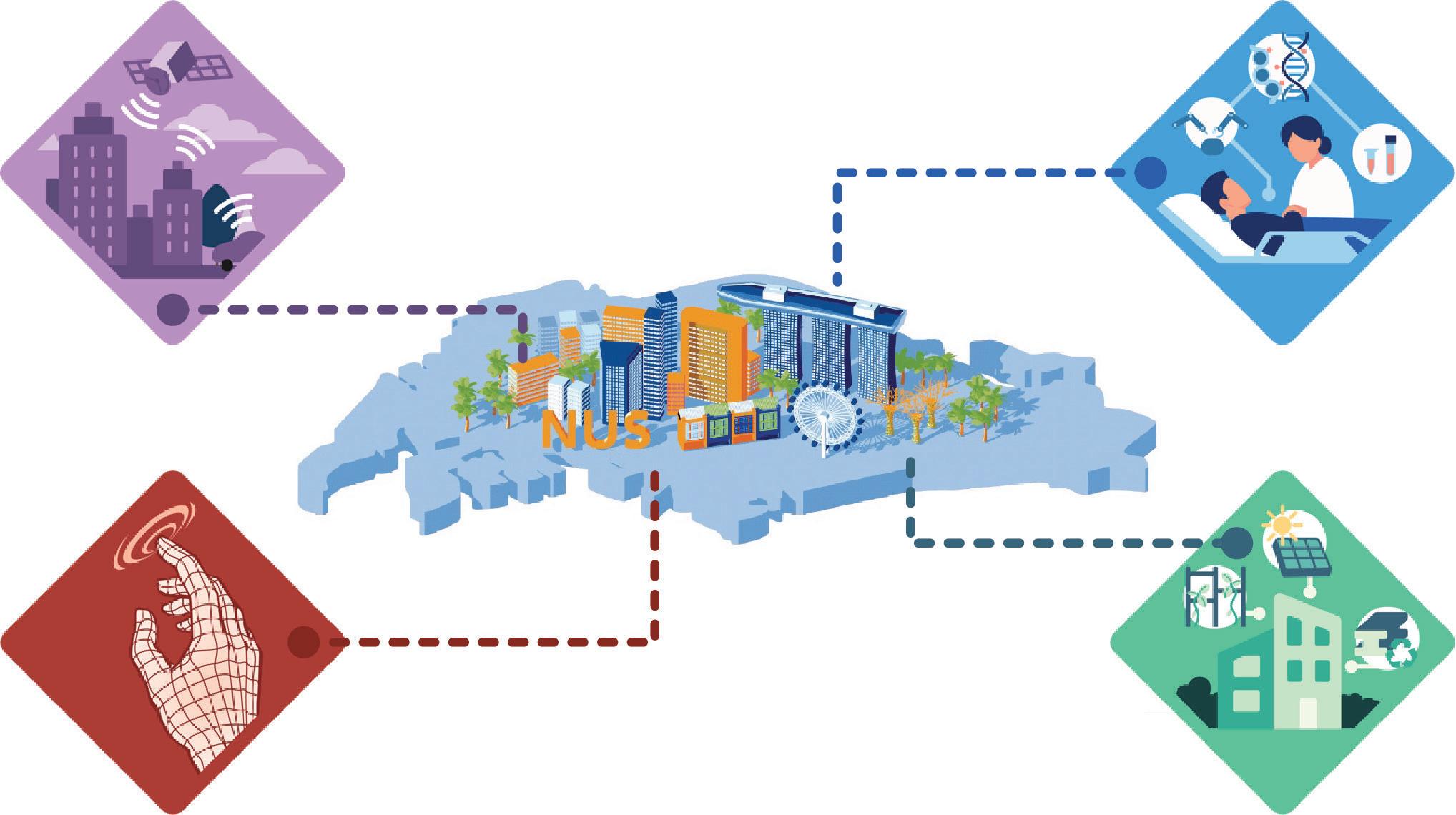
Total awarded by the Ministry of Education Awarded by the National Research Foundation NUS Research is centred on four interdisciplinary research areas. These are health innovation, materials research, smart nation and sustainability.
Patent applications 875 Patents granted
*Data extracted from the SCOPUS database April 2022. Figure represents all publications (Article, Review, Conference Paper, Book Chapter, Editorial, Letter, Note, Book, Short Survey and Data Paper) for calendar year 2021. #Accurate as of August 2022. All other data based on Calendar Year 2021. ^Based on FY2021. $420.7m^
Invention disclosures
112 Technology licences executed Our researchers work to innovate and develop solutions that meet the present and emerging needs of Singapore, Asia, and the world.

Research in Sustainability and Urban Solutions focuses on emerging areas such as floating photovoltaic systems, nature-based climate solutions, CO2 capture methods, wastewater treatment, heat stress mitigation methods, sustainable food production and food waste management.
any cities around the world are facing food, water and energy security challenges, which are increasingly exacerbated by urbanization and population growth, geopolitical instability, and the effects of climate change. Researchers around the world are therefore pursuing innovative solutions aimed at securing these finite resources, reducing greenhouse gas emissions, and mitigating the impacts of climate change.
Recognising the importance of developing system-level mitigation and adaptation solutions for sustainable development, NUS has designated Sustainability and Urban Solutions as a key interdisciplinary research area. In doing so, we have established synergistic platforms, and gathered experts from key disciplines, to enable the development of sustainability solutions, particularly for tropical, urban and Asian settings, and to bring these innovations to market.
Carbon capture technologies, green energy or hydrogen-based energy alternatives, nature-based climate solutions and sustainable urban farming strategies are amongst the key research areas we pursue. These efforts are conducted in close partnership with government agencies and industry leaders, to ensure solutions and policies effectively contribute to global sustainability efforts and climate action.

Director of NUS Centre for Nature-based Climate Solutions, Professor Koh Lian Pin actively seeks to produce cutting edge-science to inform climate policies, strategies, and actions in Singapore and the Asia-Pacific region. His research focuses on developing policy-relevant science to inform nature-based climate solutions that are scientifically sound, economically feasible and socially acceptable. Prof Koh’s recent research has found that the protection of tropical forests could generate investible carbon, which offers an opportunity for potential investors and local forest stakeholders to generate revenue from carbon projects as an alternative to deforestation, which ultimately contributes to climate change.
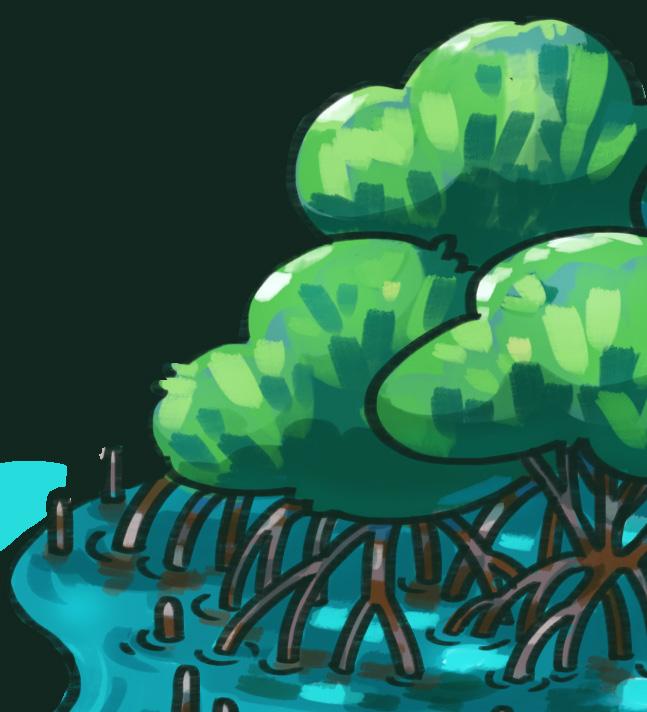
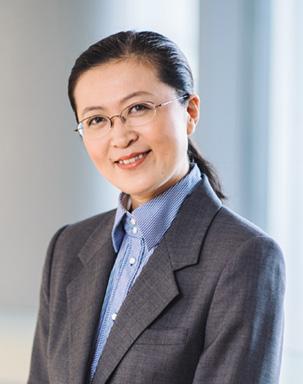
Distinguished Professor Liu Bin, NUS Senior Vice Provost and Director of Centre for Hydrogen Innovations (CHI), is actively pursuing green energy solutions. One of her research areas is on conjugated polymers, which are promising alternatives to traditional semiconductors for photocatalysis. Towards an effective pathway for clean hydrogen production, Prof Liu and her team have synthesized highly efficient photocatalytic polymers to produce hydrogen from water. Prof Liu will lead the newly established CHI to tackle technological and infrastructural challenges through an interdisciplinary approach, to enable a hydrogen economy. “The Centre will leverage on expertise from NUS to provide thought leadership, cutting-edge science and technologies and foster collaborations to catalyse breakthroughs and innovations in the global hydrogen economy,” she said.
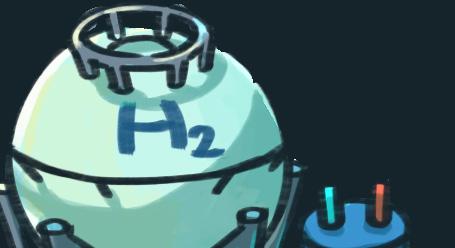
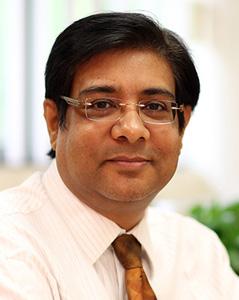
Assoc Prof Sanjay Swarup from NUS Biological Sciences and the NUS Environmental Research Institute (NERI) is using a combination of plant science, microbial ecology, analytical chemistry, statistical and data sciences to develop climate-resilient and resource-efficient technologies for Singapore’s urban farming systems. These technologies will help to build circularity and sustainability for our nation’s food security. His research has highlighted how the microbes and genetic material of soil and green leafy vegetables affect crop yield. Understanding this can help urban farmers achieve higher yields with less chemical fertilizers. He is now working towards identifying suitable targets to develop a microbial consortium to enhance crop production and boost crop resilience.

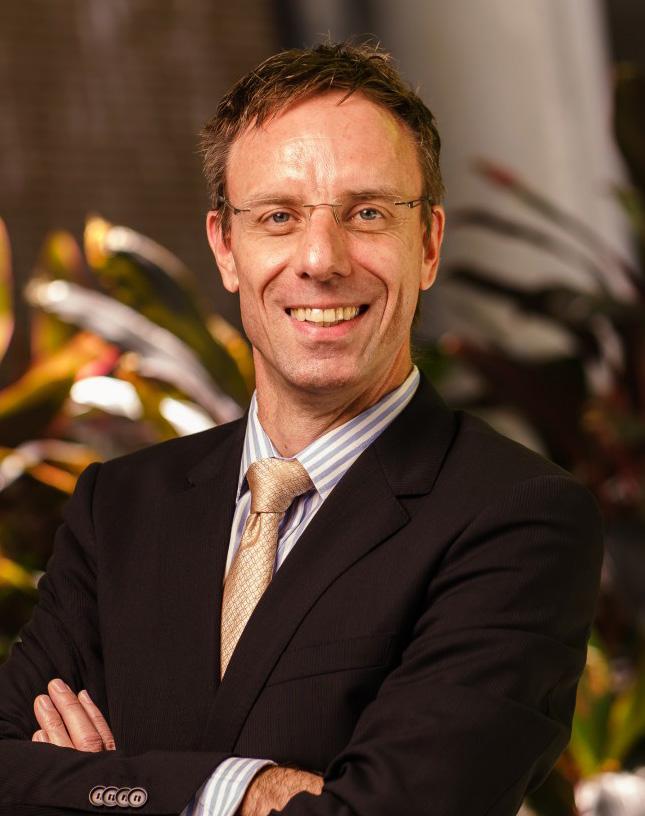
Deputy CEO of SERIS and Principal Research Fellow at NUS, Dr Thomas Reindl is focused on developing highperformance photovoltaic (PV) systems and integrating renewable energy into existing supply systems. Land scarcity in Singapore has led Dr Reindl to explore water bodies as possible areas to deploy future PV systems. It is estimated that using just 10% of inland reservoirs would provide more than 4,000 GWp of solar energy. Together with Singapore’s national water agency PUB and the Singapore Economic Development Board (EDB), Dr Reindl and his team have established the world’s largest testbed for Floating Solar at Tengeh Reservoir to better understand floating photovoltaic (FPV) technologies.

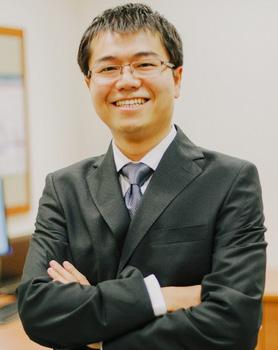
Assoc Prof Yan Ning focuses on the catalytic conversion of renewable carbon sources, green chemistry & engineering, and catalyst development. In a collaborative study, Assoc Prof Yan Ning recently achieved a breakthrough in the field of carbon capture with the development of a new material, mordenite zeolite doped by isolated Fe clusters (Fe-MOR), which can be applied for CO2 sieving. The low-cost, highly efficient material is also highly selective towards CO2 absorption even with the presence of gas molecules with similar size and properties. A/Prof Yan was recently awarded the NRF Investigatorship to investigate the development of ‘Green Amines’ for a Sustainable Future.

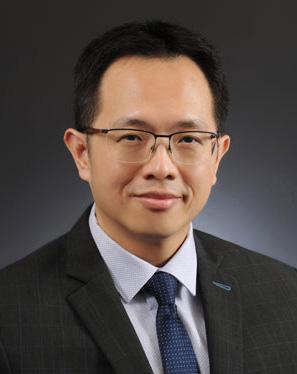
Assoc Prof Lee Poh Seng from NUS Mechanical Engineering and the Cooling Energy Science & Technology Singapore (CoolestSG) Consortium is pioneering efficient cooling solutions for data centres.
He also heads the Sustainable Tropical Data Centre Testbed (STDCT) where alternative air and liquid cooling systems to cool CPU chips and other high heat-producing components of data centres will be tested. Here, direct to chip hybrid cooling systems are tested for more targeted and efficient cooling. Such technologies can reduce the energy consumption and greenhouse gas emissions of data centres, while supporting Singapore’s vision in becoming a low-emissions economy.
STDCT is a research programme to advance sustainable cooling solutions for data centres located in tropical locations. It is led by NUS and Nanyang Technological University, and is supported by various government and industry partners.

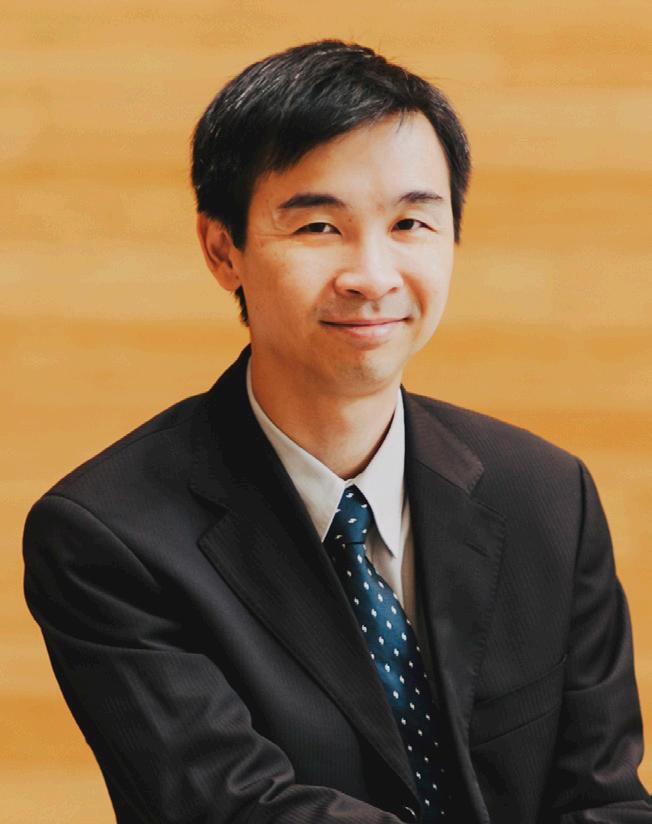
Assoc Prof Tong Yen Wah from NUS Chemical and Biomolecular Engineering and Programme Co-Director for Energy & Environmental Sustainability Solutions for Megacities (E2S2) under the Campus for Research Excellence and Technological Enterprise (CREATE) is working on sustainable food waste management solutions with a focus on decentralized systems. His work includes an on-site anaerobic digestion system that can convert food waste into biogases such as methane and carbon dioxide, for electricity, and nutrient-rich liquid digestate into fertilizer. This system has been piloted in a hawker centre in Singapore. The technology combines both waste management and energy generation, creating a closed energywaste-resource loop.

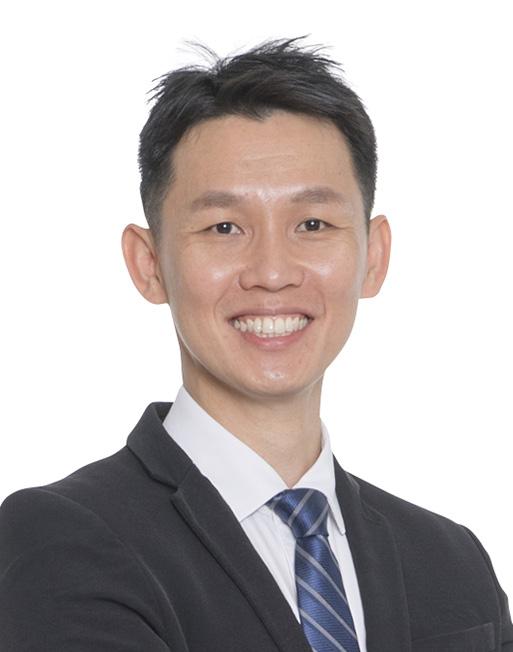
Assoc Prof Jason Lee from NUS Physiology, and Director designate of the new Heat Resilience and Performance Centre (HRPC) at NUS, conducts research in the area of heat stress. His latest study, Project HeatSafe, aims to identify the impact of heat on health, wellbeing and productivity among working populations in Singapore, Vietnam and Cambodia. Findings will help develop sustainable policies and costeffective solutions to improve worker’s health and work productivity in the tropics. “Given our strategic location in the region, governmental will and technical expertise, Singapore is uniquely positioned to develop and deploy heathealth management solutions, and comprehensively coordinate approaches to the complex problems of extreme heat,” he said. In addition, he is working on personalised heat strain monitoring wearables and cooling vests to reduce thermal strain during exertion.


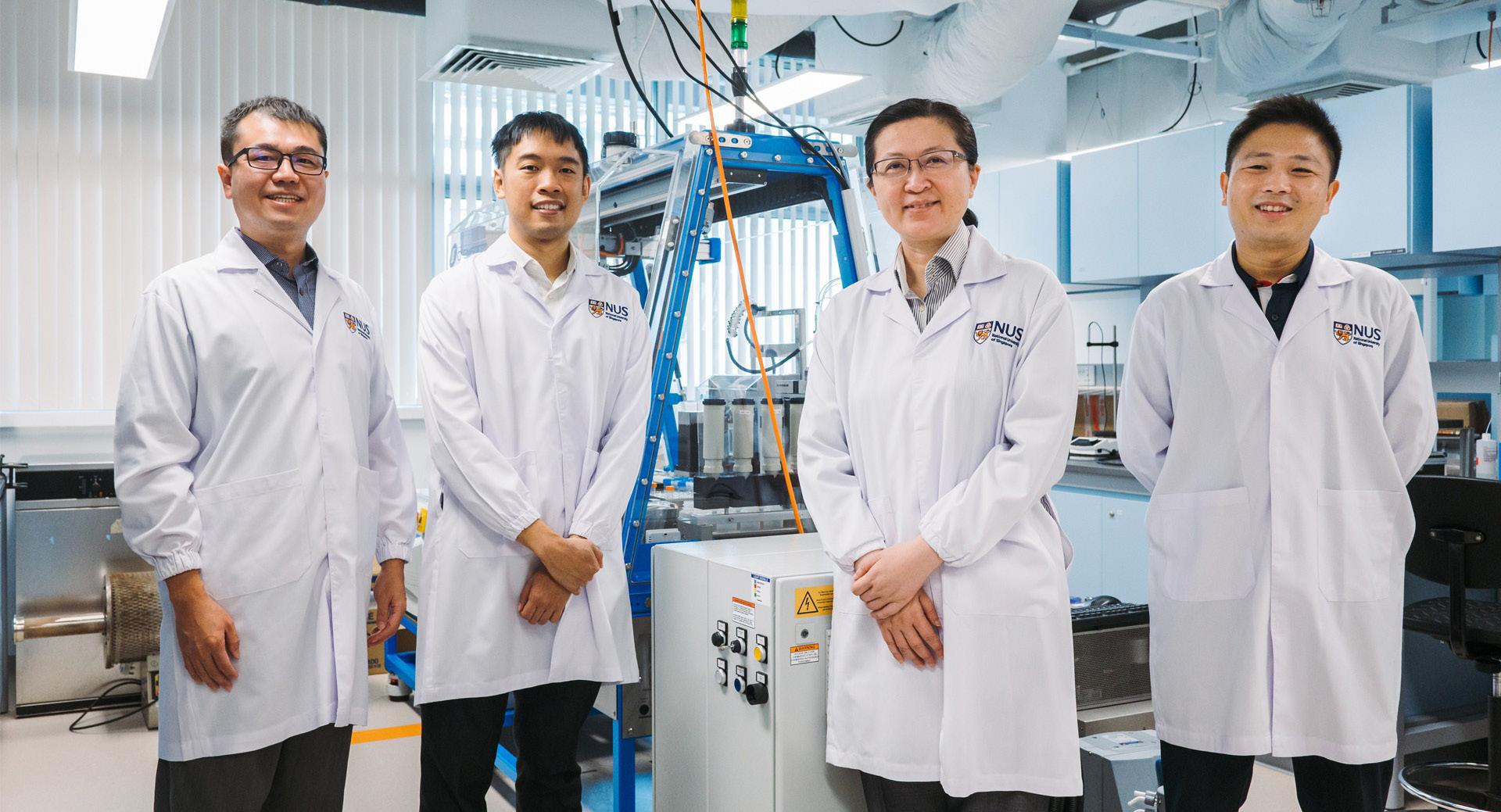
The burning of fossil fuels has long provided a means to generate energy, despite its detrimental impact on the environment. Hydrogen has been identified as an alternative energy generating source due to its proven efficiency as an energy carrier and lowcarbon footprint in utilisation. However, high costs remain a major barrier to adopting green hydrogen on a large scale as a climate solution.
To address this challenge, NUS has established a new research institute, the Centre for Hydrogen Innovations (CHI), to create breakthrough technologies to make hydrogen commercially viable as a green energy source. These capabilities will, in turn, help position Singapore as a game-changer in enabling a hydrogen economy.
Led by Professor Liu Bin, who also established the NUS Green Energy Programme, CHI will be taking a holistic approach to tackle technological and infrastructural challenges in enabling a hydrogen economy by harnessing a broad spectrum of expertise from various entities at NUS.
In the first phase, the Centre will focus on hydrogen carrier and supply chain studies. The Centre will also be working closely with industry partners to explore and accelerate applications for hydrogen as a fuel. Such applications include fuel cells for commercial use and transportation, or as a clean feedstock for the chemical industry. In addition, the Centre will collaborate with the NUS community to work with policymakers and national agencies to develop effective safety regulations, risk assessments, and policies to enable the safe adoption of new hydrogen technologies.
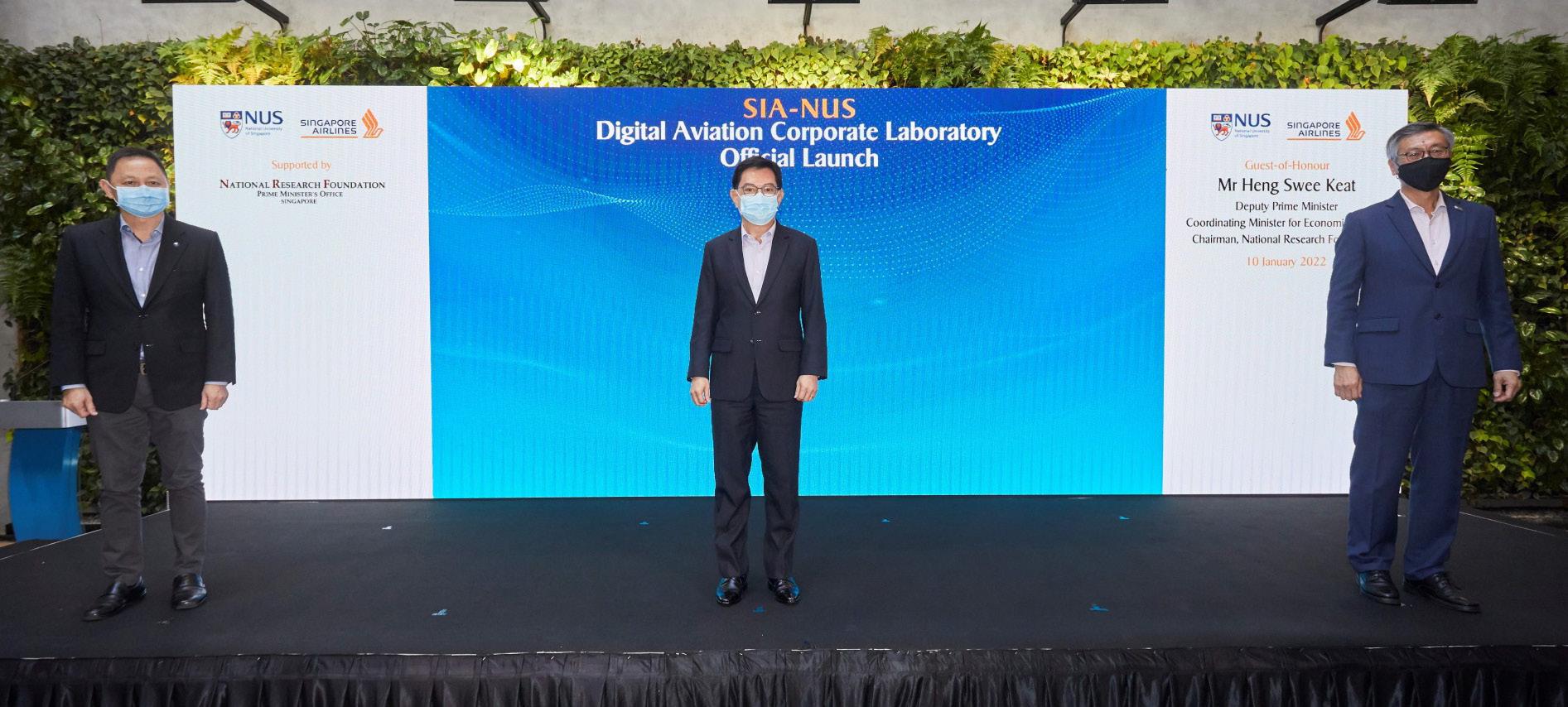
Singapore Airlines (SIA) and NUS recently launched a S$45 million research facility with support from the National Research Foundation. The SIA-NUS Digital Aviation Corporate Laboratory aims to co-create innovative technologies and solutions that accelerate the digital transformation of Singapore’s aviation sector and help redefine the air travel experience for passengers.
Helmed by Professor Teo Chung Piaw, Executive Director of NUS Institute of Operations Research and Analytics, and Mr Chan Mun Chung, Senior Manager at SIA’s Digital Innovation Lab, the Corporate Laboratory will drive traveller-centric digital services, ensure security and safety in air travel, and enhance organisational effectiveness and workplace productivity for SIA and Singapore’s aviation sector.
NUS President Professor Tan Eng Chye said, “This significant collaboration will tap into NUS’ deep-tech and multidisciplinary research expertise across artificial intelligence (AI), machine learning, data science, operations research and analytics, optimisation, sleep studies and industrial design, to deliver high value and productivity improvements for SIA, our country’s flagship carrier.
Keysight Technologies, Inc., a leading provider of advanced design and validation solutions, and Singapore’s Quantum Engineering Programme (QEP) have signed a Memorandum of Understanding (MOU) to collaborate in accelerating research, development and education in quantum technologies.
Under the MOU, QEP and Keysight will collaborate in the development of quantum instrument packages, as well as the technologies that enable quantum systems to be scalable and deployable. In addition, they will establish a programme named “Quantum Joint Innovation Accelerator” that makes it easy for
researchers participating in QEP to access several of Keysight’s software design tools and advanced test and measurement equipment.

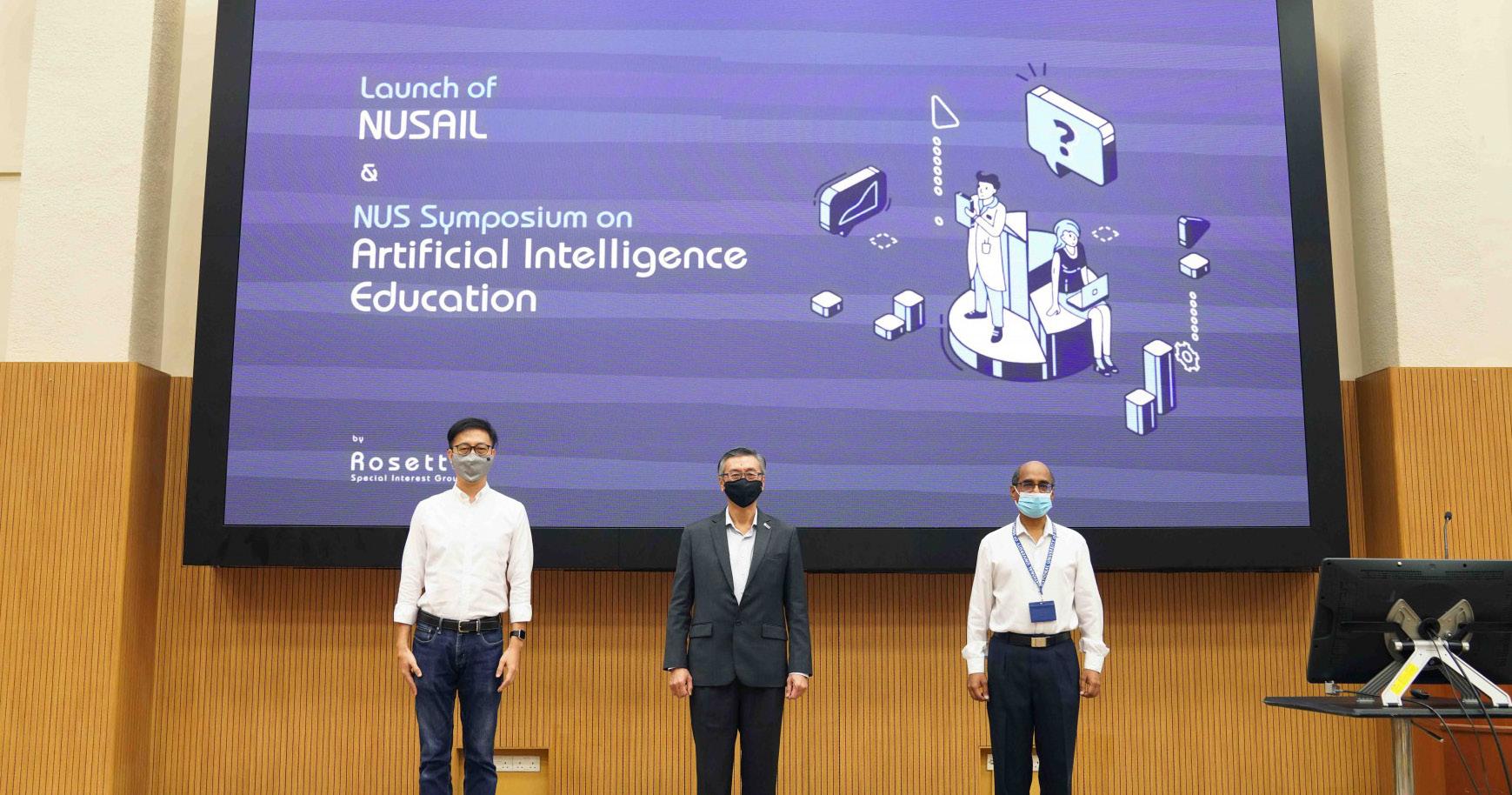
Research and collaboration in artificial intelligence (AI) has been boosted with the official launch of the NUS Artificial Intelligence Laboratory (NUSAIL). Hosted at NUS Computing, NUSAIL will work on all AI areas with a focus on the three pillars of human-centred AI technology: embodied AI, interactive AI, and trustworthy AI.
In conjunction with the official launch of NUSAIL, two programmes were announced under its aegis. The first is a research programme called “The Other Me”, which focuses on human-centric, integrated intelligence. The second programme is the iConnect membership programme, a collaboration between NUSAIL and SoC Industry Relations Office aimed at promoting closer ties between industry partners and NUS Computing.
NUS is partnering with Resorts World Sentosa (RWS) in a five-year applied research collaboration to enhance biodiversity conservation in Singapore, accelerate decarbonisation and pioneer nature-based, energy-efficient solutions for buildings and infrastructure.
Called the RWS-NUS Living Laboratory, this academic-industry partnership will contribute directly to the tourism economy, environmental education and sustainability efforts in Singapore’s ESG (Environmental, Social & Governance) development.
The RWS-NUS Living Laboratory will focus on two research areas: biodiversity conservation and education; as well as decarbonisation and nature-based solutions. The collaboration promises to have a positive impact on the Singapore Green Plan 2030, with research to address critical issues of biodiversity and
climate resilience. Another key area of research under the Living Laboratory is the development and test-bedding of innovations at RWS in areas related to decarbonisation, energy, water, and waste. For example, researchers aim to apply advanced decarbonisation solutions designed and optimised for tropical, urban and Singapore settings.
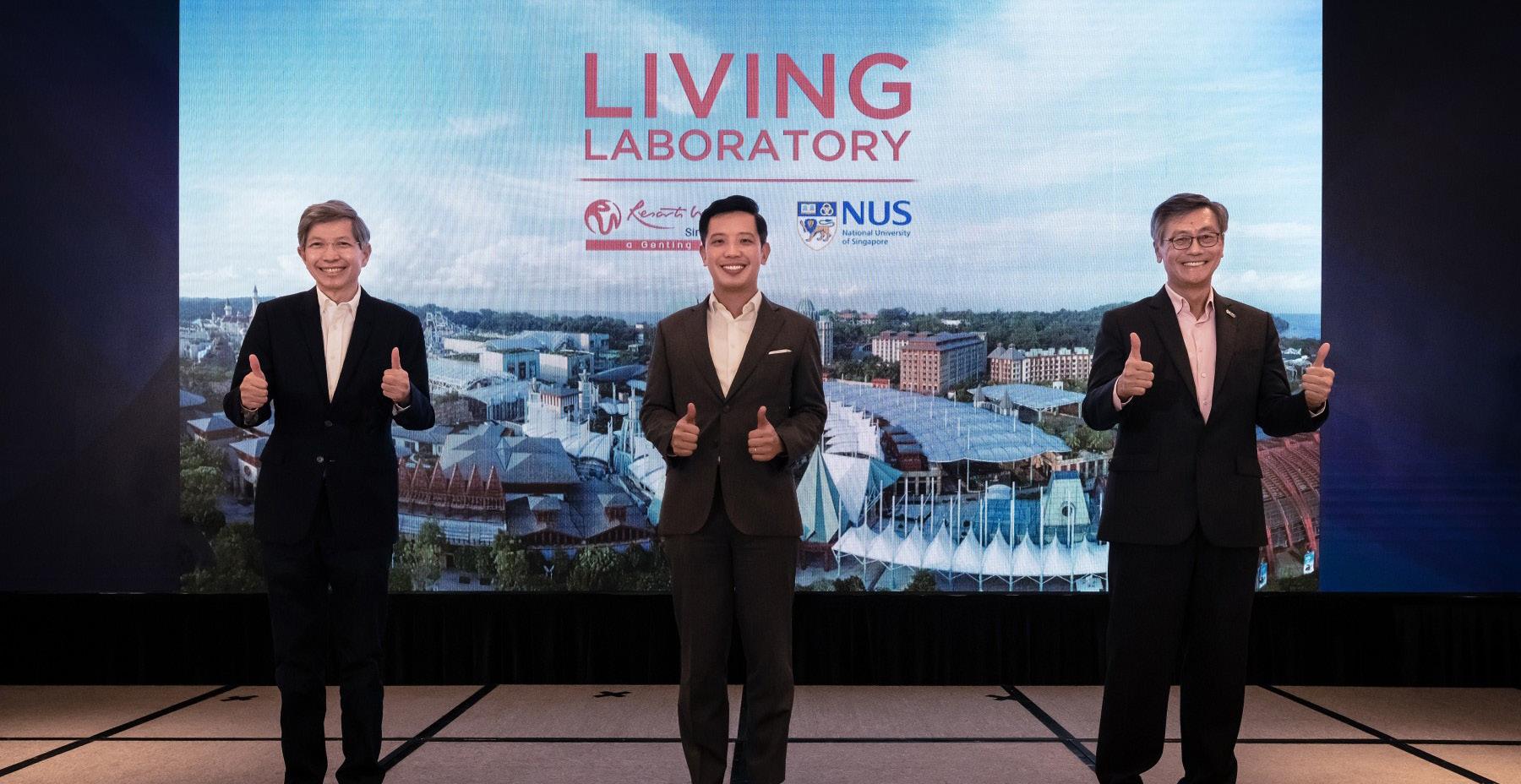

The strategic partnership between NUS and Keppel Infrastructure Holdings Pte Ltd (Keppel Infrastructure) aims to bolster Keppel Infrastructure’s low-carbon energy innovation and translational research. In particular, the development of solutions in smart grid, renewables and clean energy, as well as decarbonisation technologies. Keppel Infrastructure and NUS will create, test, and scale up the deployment of commercially viable innovations in distributed energy management, integration of solar photovoltaics (PV), thermal energy storage, electrical microgrids, as well as charging stations for electric vehicles (EVs) and vehicle-to-grid (V2G) trials. In addition, Keppel Infrastructure and NUS will explore collaborations in other energy and sustainability-related areas.
Duke-NUS Medical School and Johnson & Johnson have launched a new research centre, J&J Satellite Centre for Global Health Discovery, to aid in the fight against mosquito-borne diseases like dengue and Zika. The new centre will focus on diseases caused by flaviviruses — a group of RNA viruses that cause illnesses such as West Nile fever and yellow fever through transmission by mosquitoes or ticks.
Research at the Satellite Centre will be led by Professor Subhash Vasudevan from Duke-NUS and Dr Olivia Goethals from J&J.
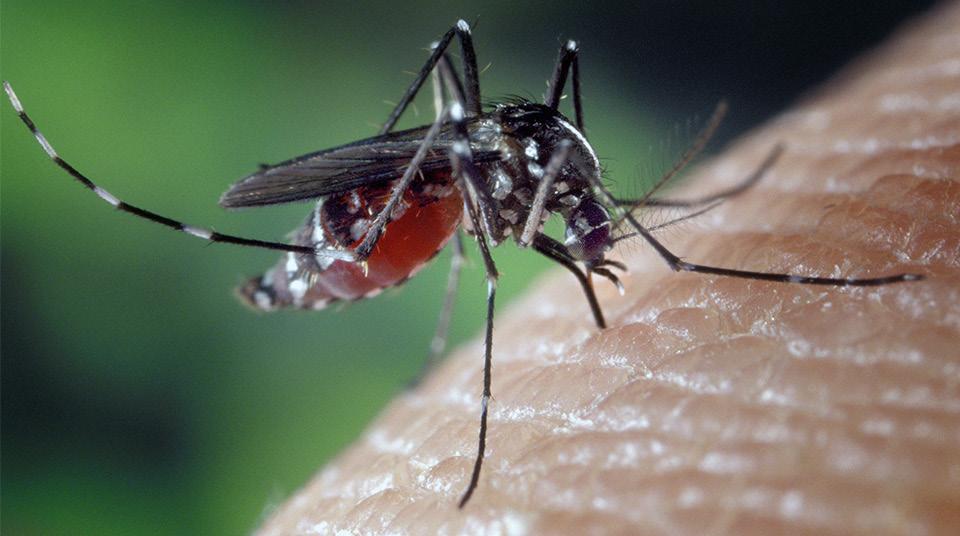
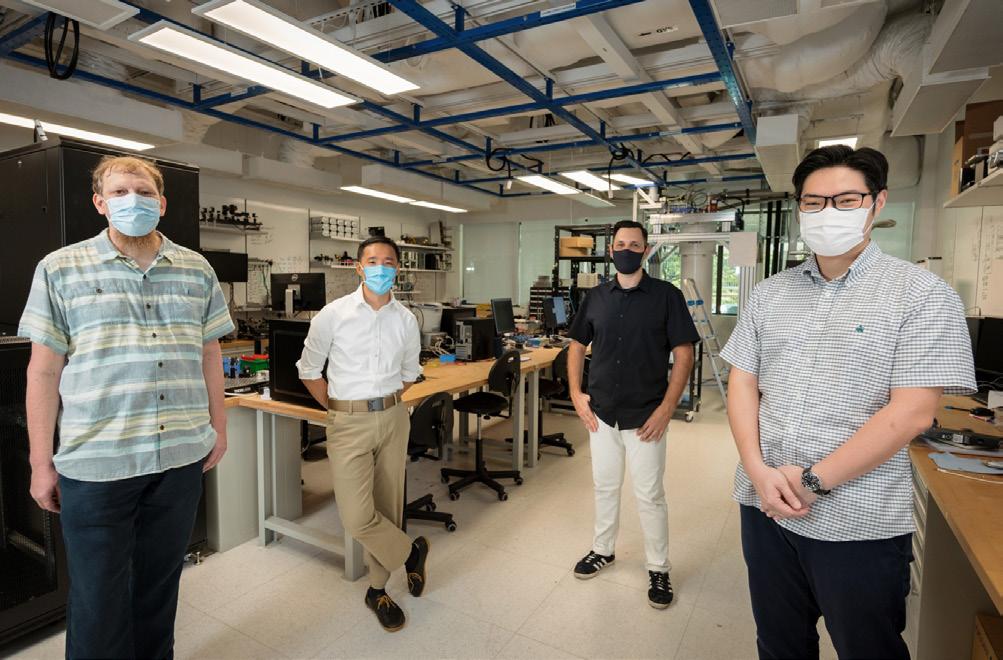
Network security is a cornerstone of today’s digital society. The public-key encryption that protects billions of bits of data exchanged each day is known to be vulnerable to attacks by quantum computers. The new National Quantum-Safe Network (NQSN), a national platform launched under Singapore’s Quantum Engineering Programme, aims to counter the threat of quantum computing with specialised hardware and new cryptographic algorithms. The network will deploy commercial technologies for trials with government agencies and private companies, conduct in-depth evaluations of security systems, and develop guidelines to support companies in adopting such technologies.
Three NUS-led teams, from the Cancer Science Institute, NUS School of Computing, Yong Loo Lin School of Medicine, and Mechanobiology Institute (MBI) were awarded MOE AcRF Tier 3 Grants in 2022. The grant scheme enables high-impact and multi-disciplinary collaborative research, and aims to facilitate the emergence of game-changing science by building upon intra-university and inter-university synergies to develop integrated solutions for pressing global issues.
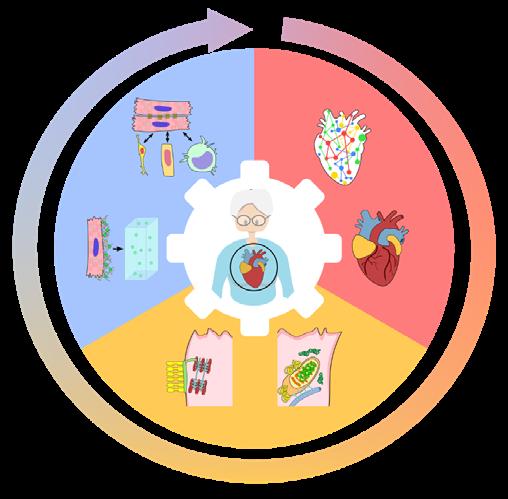
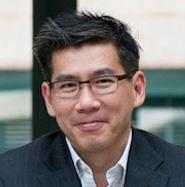
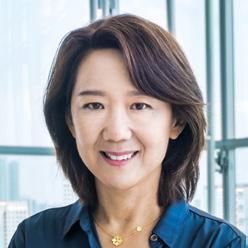
Professor Roger Foo Director, NUHS CVD Translational Research Programme
Professor
Rong Li Director, Mechanobiology Institute
This project will seek to gain a mechanistic understanding of how molecular and mechanical functions of heart cells and tissue change during ageing through three converging and interactive projects: (1) Molecular characterization of cardiac ageing, (2) Intracellular mechanics in cardiomyocyte ageing, and (3) Extracellular interactions and architecture in ageing hearts. The project aims to lead a new paradigm of cardiac ageing research in Singapore, by developing innovative and applicable diagnostic methods and treatments for age-related cardiovascular disease (CVD).

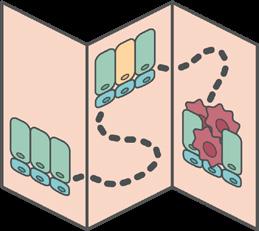

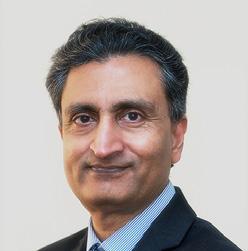
Professor Ashok Venkitaraman Director, Cancer Science Institute
The project titled “Early Cancer Intervention Initiative” will measure the characteristics of premalignant cancer cells, map and track changes in their features over time, and discover mechanisms underlying the persistence and progression of these cancer cells. This interdisciplinary, multi-institutional research project will be hosted at CSI, and seeks to empower health and commercial impact via novel approaches to intercept cancer early in its evolution. In addition, it will provide a foundation for future studies in early cancer intervention spanning fundamental research, clinical translation, and industrial research and development in Singapore.
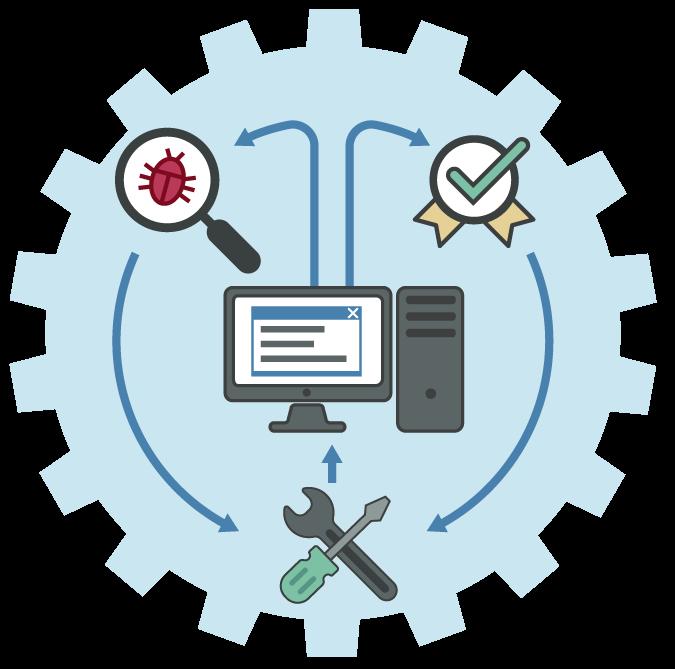
R epair
A nalysis
V erification
E ngine

Professor Abhik Roychoudhury Director, Singapore Cybersecurity Consortium
The project titled “Automated Program Repair”, to be conducted within the School of Computing, aims to solve the cumbersome issue of debugging complex software systems, which is currently done manually and requires significant time and resources. The program retains the software development workflow, in the form of Continuous Integration (CI) systems, while reliably automating the software repair. Led by Prof Roychoudhury, the project will also explore forward-looking applications of program repair such as enhancing trust in automatically generated code, automated transplantation of patches from one program version to another, as well as intelligent tutoring of programming at NUS.
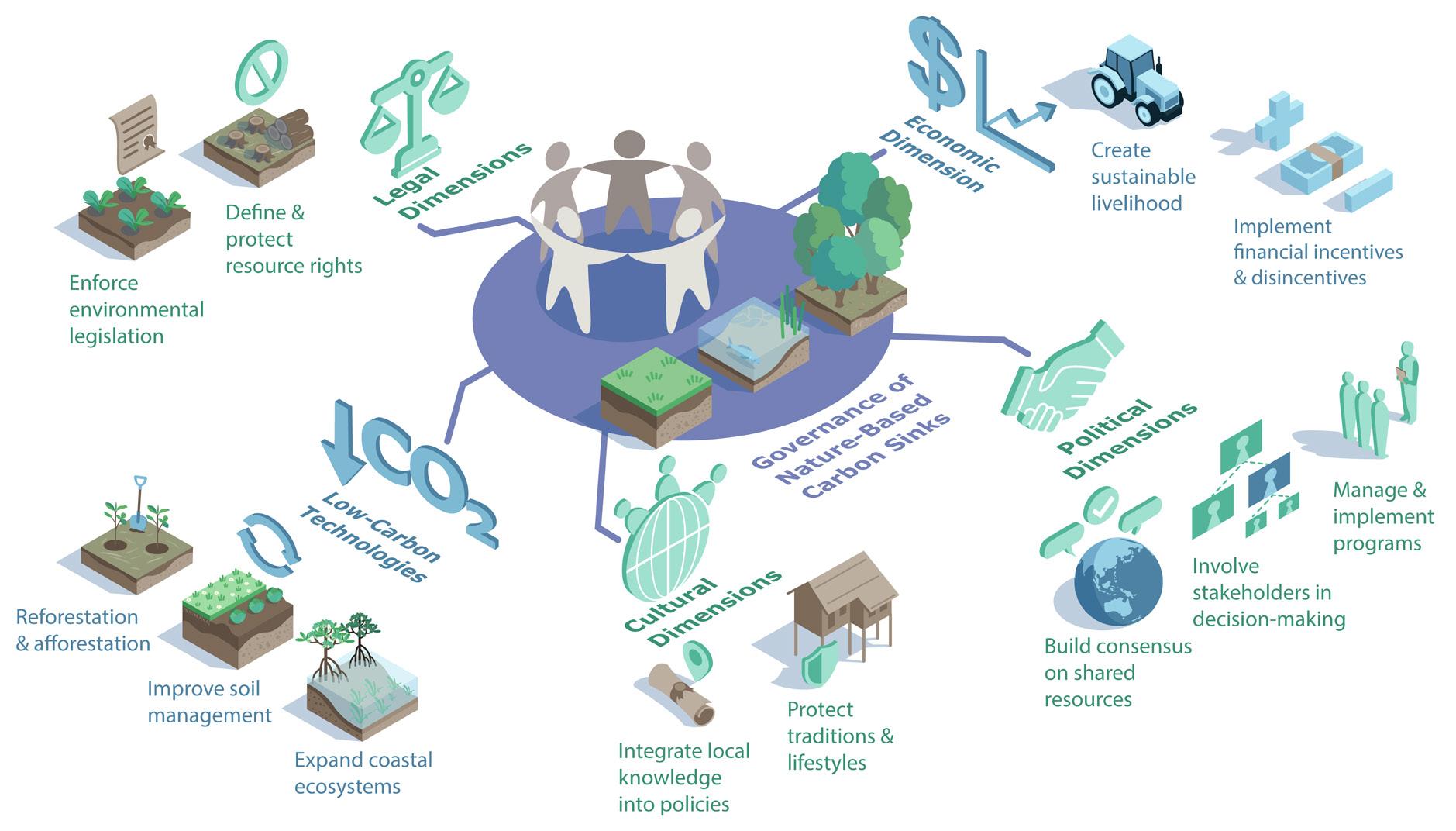
Climate Governance of Nature-based Carbon Sinks in Southeast Asia
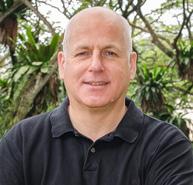
The SSRTG grant scheme supports social science and humanities research in areas of strategic relevance to Singapore and Asia. In this project, Prof Taylor seeks to identify optimal arrangements for governing Nature-based Carbon Sinks (NCS) to promote inclusive, adaptive, and fair governance across spatial
and administrative scales, investigate successful examples of NCS governance in Southeast Asia and assess their potential transferability to other regions, and create a roadmap for Singapore to enhance the governance of NCS by strengthening linkages between the natural and social sciences.
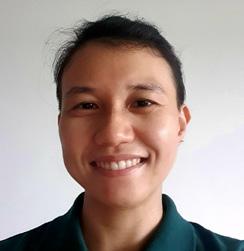

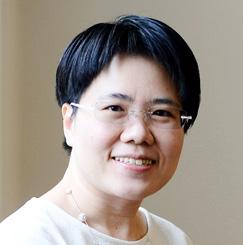

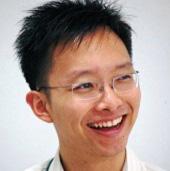
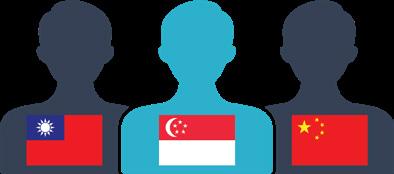
The National Research Foundation (NRF) Fellowship is awarded to early career researchers carrying out independent research in Singapore over a five-year period. Six NUS researchers were awarded this grant in the Class of 2022.
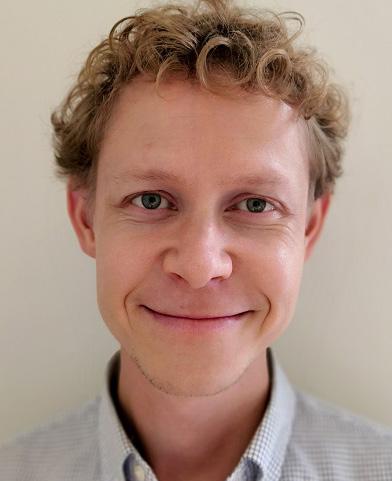
Asst Prof Julius Fredens Dept of Biochemistry, YLLSoM
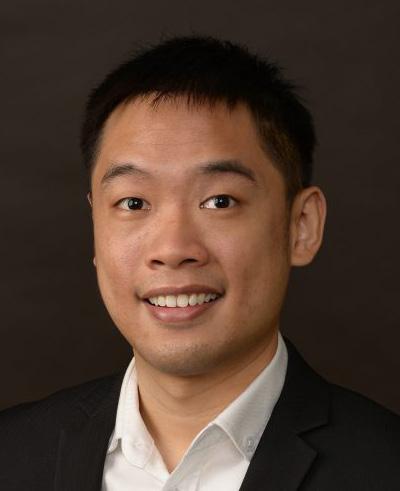
Asst Prof Lum Yanwei Dept of ChBE, CDE IMRE, A*STAR
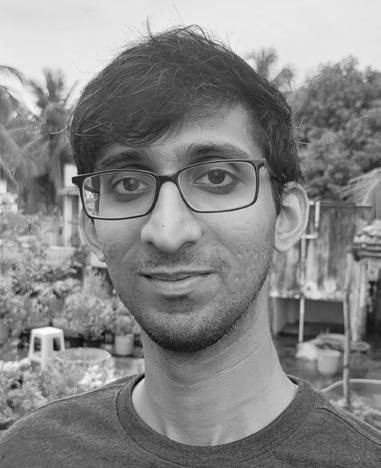
Asst Prof Prashant Nalini
Vasudevan Computer Science
Advancing DNA-Delivery for Gene Therapy
Asst Prof Fredens is establishing a novel platform that enables the reprogramming of bacteriophage to deliver large, custom DNA sequences to mammalian cells. This platform is expected to advance CAR-T cell therapy.
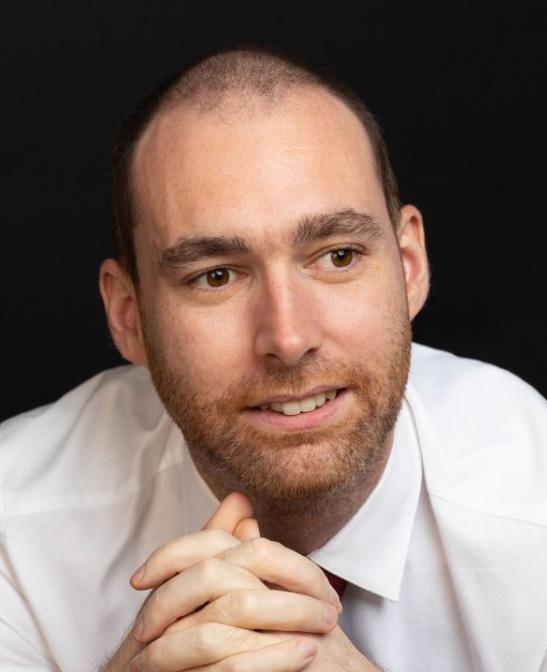
Asst Prof Steven Touzard Dept of MSE, CDE Dept of Physics, FoS
Building Quantum Networks of Superconducting Circuits Mediated by Telecom Photons
Asst Prof Touzard’s research will pave the way for secure quantum communications and further the development of fault-tolerant quantum computers. To achieve this, his work aims to entangle superconducting qubits with telecom photons to form longrange quantum networks.
Developing innovative toolkits for elucidating the fundamentals of electrochemical CO2-to-chemicals conversion
Asst Prof Lum is seeking to understand the mechanisms behind the electrochemical conversion of CO2 into chemicals, leading to more efficient catalytic systems, for applications in green pharmaceutical manufacturing and fuel cell technology.
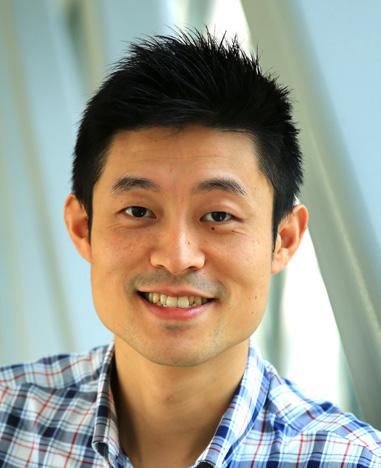
Asst Prof Sun Xuyang Alfred Duke-NUS Medical School
Constructing Physiological Human Neural Models to Deconstruct PD Pathogenesis
Asst Prof Sun aims to dissect the mechanisms of Parkinson’s Disease (PD) by constructing models programmed with specific neuronal activities. Findings will fuel translational discoveries, accelerate drug development, and provide PD patients with more targeted, personalised treatments.
Fine-Grained Cryptography
Asst Prof Vasudevan’s project aims to broaden and diversify the foundations of cryptography by identifying new plausible computational hardness assumptions that can be used to construct average-case hard problems, one-way functions, and public-key encryption.
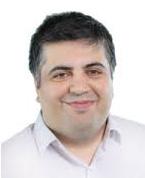
Asst Prof Ahmet Avsar Dept of MSE, CDE
Unconventional Spin Transport in Layered Quantum Materials for Lowpower Electronics
In this research programme, Asst Prof Avsar will devise spintronic devices with highly promising spin transport materials. The development of non-volatile, green electronic devices will benefit the growth of computation efficiency.
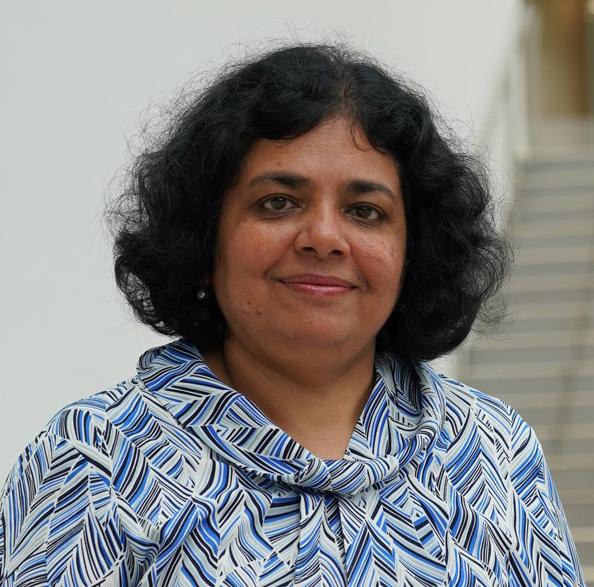
Provost’s Chair Professor Atreyi Kankanhalli from NUS Computing has won the Association for Information Systems (AIS) Fellow Award 2021, a prestigious award given to eight individuals from around the world who have made significant global and local contributions in the information systems field.
Recognized for her research on online communities and digital collaboration, Prof Kankanhalli has identified enablers and barriers to participation that is necessary to make these communities successful.
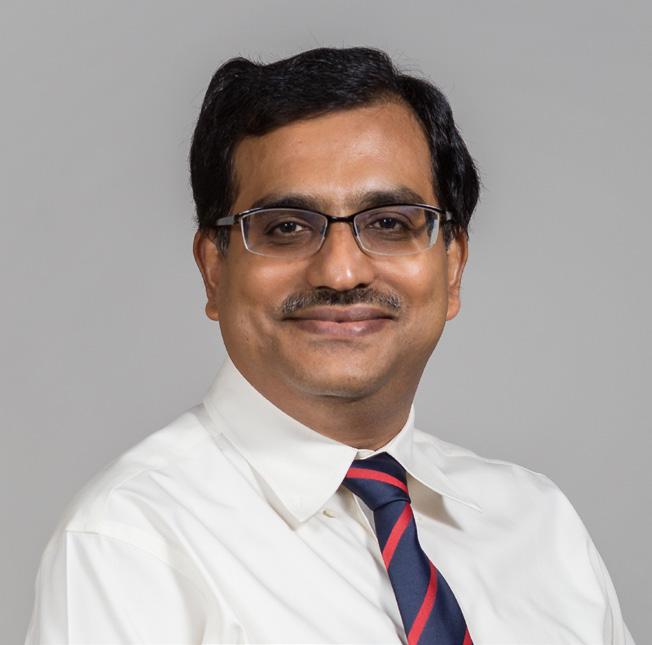
NUS Computing Provost’s Chair Professor Abhik Roychoudhury has won the IEEE Technical Committee of Software Engineering’s New Directions Award for 2022. Presented to individuals and teams who are advancing the field of software engineering research or practice, Prof Roychoudhury was recognised for his work in an innovative symbolic program analysis which offers a new outlook for patch testing and software program repair, significantly impacting the way software is being developed and maintained.
He received the award alongside his collaborator, Professor Cristian Cadar from the Department of Computing at Imperial College London.
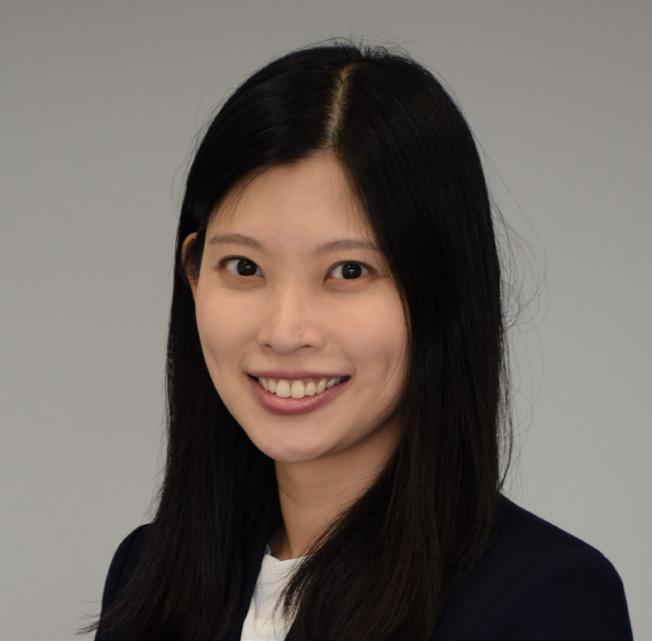
Asst Prof Gloryn Chia awarded L’Oréal For Women in Science Fellowship
Assistant Professor Gloryn Chia of NUS Pharmacy was awarded the L’Oréal For Women in Science Fellowship for Life Sciences Singapore (2021) for her work on developing next-generation personalised cancer vaccines.
Using genomic technologies and synthetic biology, her research seeks to improve the efficacy of immunotherapies such as neoantigen vaccines for the treatment of solid tumours.
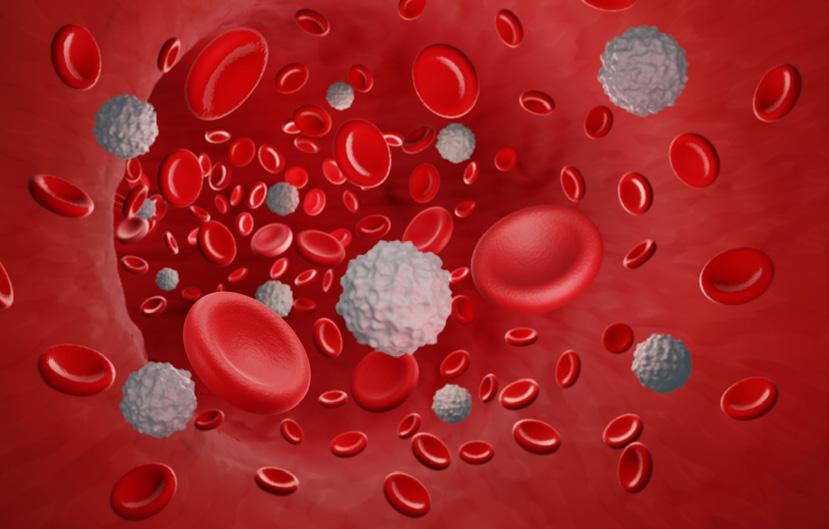
Hypomethylating agents (HMA) are used as first-line treatment for patients with myelodysplastic syndrome (MDS). A recent study by scientists from the Cancer Science Institute of Singapore (CSI) at NUS, in collaboration with the Brigham and Women’s Hospital (BWH), and the Harvard Medical School (HMS) in Boston,
Breast cancer is the leading cause of cancer-associated death for women worldwide. While chemotherapy is the mainstream treatment for breast cancer, more than half of all patients that undergo such therapy will experience adverse side effects. Now, NUS researchers, led by Assoc Prof Franco-Obregón from NUS Institute of Health Innovation & Technology, are
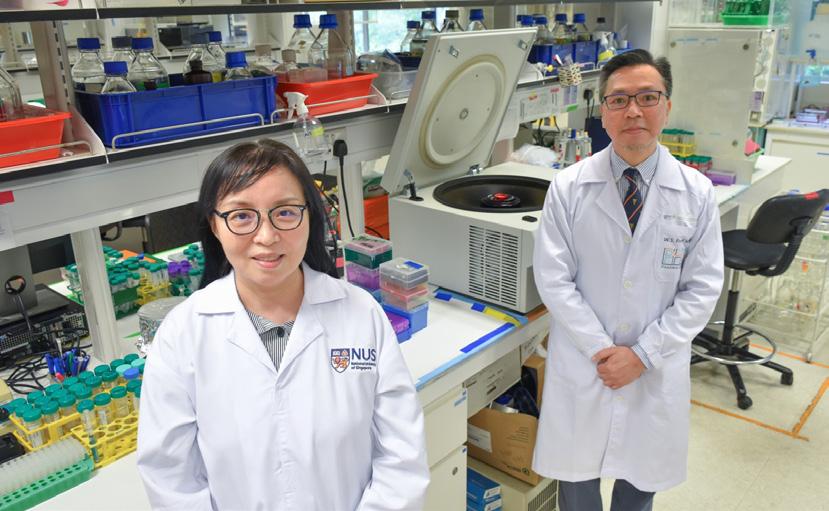
pioneering a novel magnetic therapy that serves as a companion to chemotherapy, to enhance treatment outcomes and reduce side effects. This technology stimulates the TRPC1-mitochondria pathway to increase the production of oxygen free radicals, which in turn kills the cancer cells.
shows that HMA can activate the oncofetal protein, SALL4, a known oncogene that, when expressed, can contribute to the development of MDS and leukaemia. This suggests the importance of monitoring SALL4 expression levels in patients receiving HMA therapy.
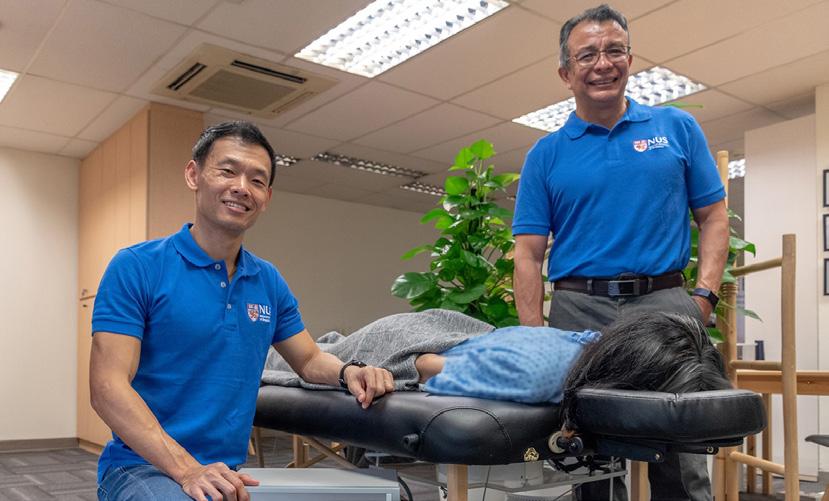
A team of NUS scientists, led by Assoc Prof Ge Ruowen, have discovered a novel property of isthmin 1 (ISM1), a protein found in human lungs, which could lead to the development of biologic drugs to treat chronic obstructive pulmonary disease (COPD), the third-leading cause of death globally. Collaborating with Prof Fred Wong from NUS Pharmacology,
Hepatocellular carcinoma (HCC) is the most common type of liver cancer. To find new therapeutic targets to better control tumour development, NUS researchers, led by Asst Prof Eliza Fong from NUS Biomedical Engineering, the N.1 Institute for Health, and CSI have engineered in vitro tumour models to study the role of endothelial cells in cancer progression. These models may be useful for drug development studies looking to target liver cancer and can also serve as valuable platforms to better understand how inflammation is promoted in liver cancer, and how it contributes to cancer progression.
the team examined the effectiveness of delivering recombinant ISM1 direct to airways via droplets. The findings showed a reduction in lung inflammation together with the restoration of lung function, and suppression of emphysema development.
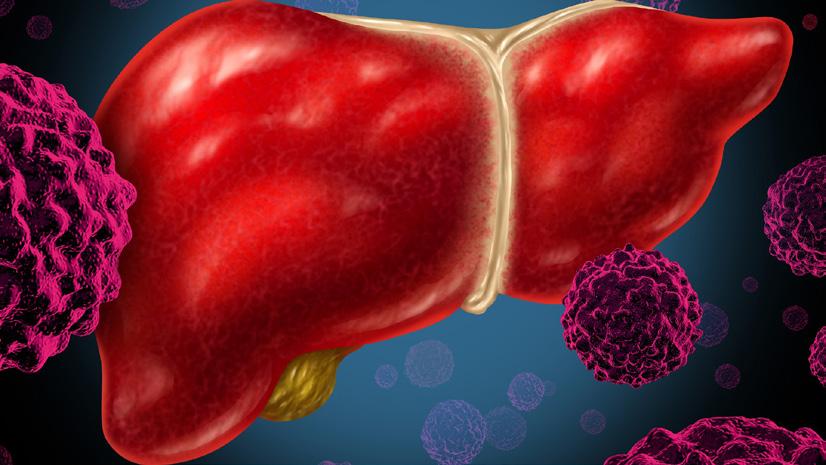
Singapore faces a twofold challenge in its journey to food security – increasing local food production and waste food upcycling. Asst Prof Nalini Puniamoorthy, from NUS Biological Sciences, and Prof Stephen Cairns, from the Singapore-ETH Centre, lead a three-year research project titled “Urban Food Waste Management and Food Systems Using Black Soldier Flies”. Here, they will develop methods to produce safe and nutritious animal feed and fertiliser for vegetables from heterogenous food waste using black soldier fly larvae. The project brings together local and international scientists, urban designers, as well as industrial collaborators from waste management and animal nutrition, to integrate food waste into
a fully circular bio-economic food production system for cities using black soldier flies. In doing this, the team hopes to ease Singapore’s reliance on imported agricultural inputs.
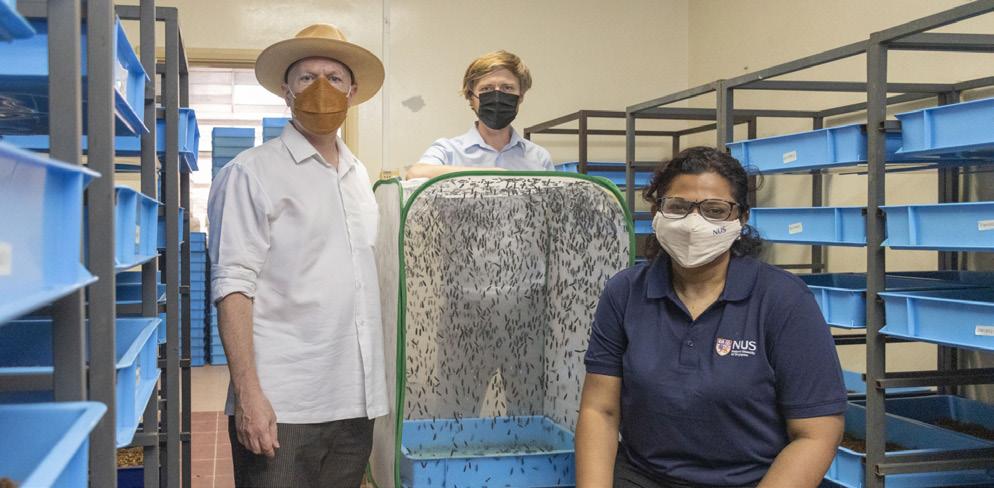
Solar cell technology has achieved tremendous growth in recent years as a sustainable energy source. High power conversion efficiency of solar cells is critical for generating more electrical power using a limited area. Asst Prof Hou Yi and his team from NUS Chemical and Biomolecular Engineering, and the Solar Energy Research Institute of Singapore set a new efficiency record in the field of perovskite/organic tandem solar cells with a power conversion efficiency of 23.6%. A significant improvement from the 20% conversion efficiency reported by other studies on perovskite/organic tandem solar cells. The newly developed solar cells pave the way for flexible, light-weight, low cost and ultra-thin solar cells for wide-ranging applications such as solar-powered blinds, vehicles, boats and other mobile devices.
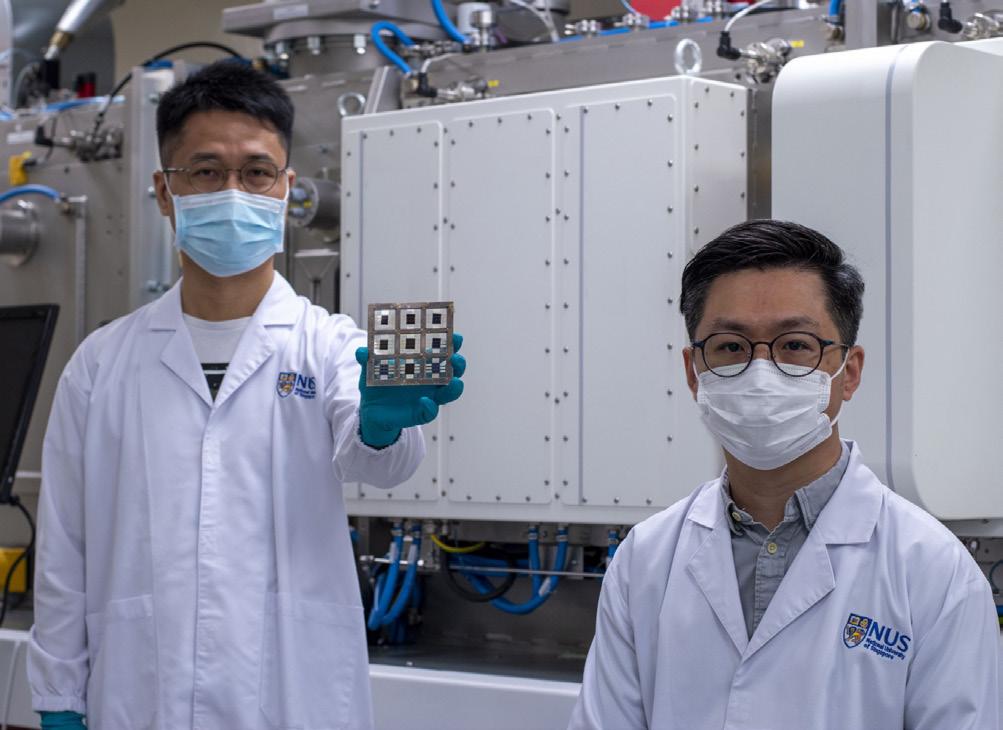
Climate change is one of the most pressing challenges facing humanity. To combat its potentially catastrophic effects, scientists are searching for new technologies that could help the world reach carbon neutrality. One potential solution is to capture and store carbon dioxide (CO2) emissions in the form of stable hydrates under ocean floor sediments. Researchers from NUS Chemical and Biomolecular Engineering, led by Prof Praveen Linga, have demonstrated the high stability of CO2 hydrates in oceanic sediments using a specially designed laboratory reactor to mimic deep ocean conditions. This technology could allow nations to sequester large volumes of carbon emissions in deep-ocean geological formations.
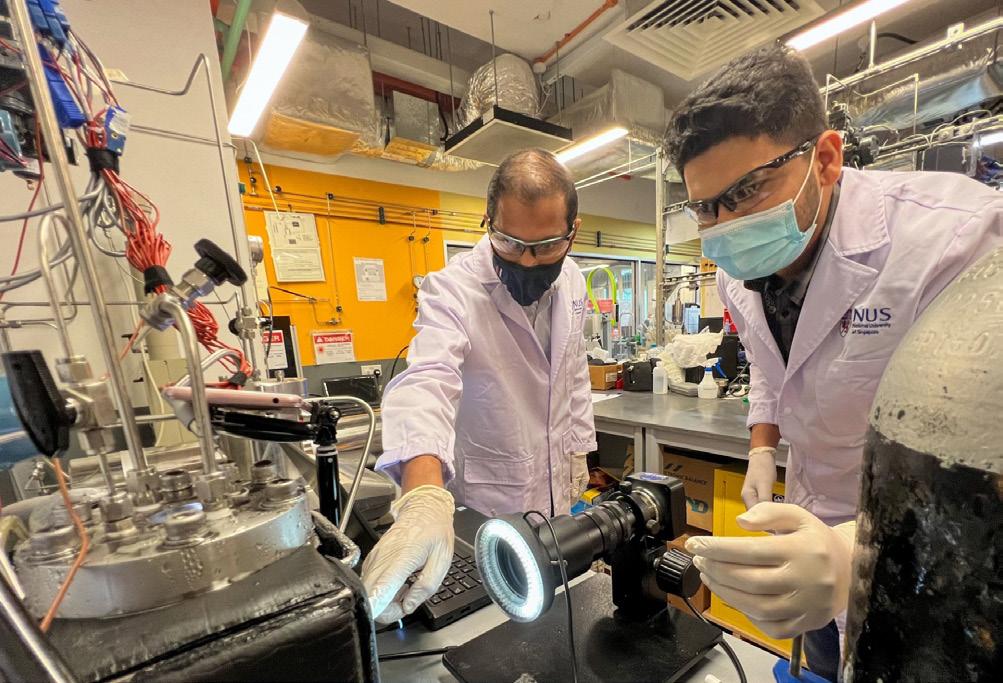
Singapore’s Quantum Engineering Programme (QEP) has launched three national platforms — National Quantum Computing Hub, National Quantum Fabless Foundry, and National Quantum-Safe Network — to grow the country’s capabilities in quantum computing, quantum-safe communication, and the manufacturing of quantum devices.
Hosted across NUS, Nanyang Technological University (NTU), the Agency for Science, Technology and Research, (A*STAR), and the National Supercomputing Centre (NSCC) Singapore, the platforms will coordinate activities across research organisations and build public-private collaborations to put Singapore at the cutting edge in quantum technologies.
The programme is committing $23.5 million to the three platforms for up to 3.5 years under Singapore’s Research, Innovation, and Enterprise 2020 (RIE2020) plan. These platforms will receive further support from across the research landscape.
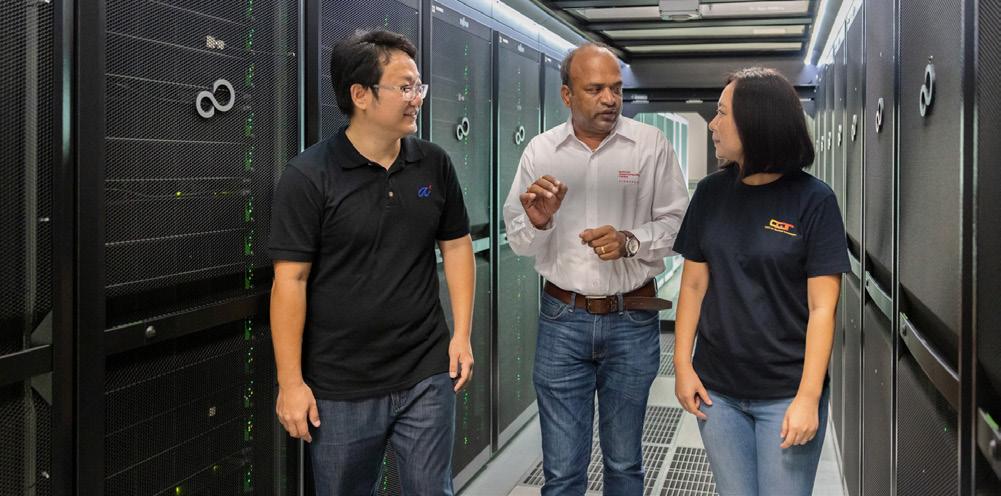
A team of researchers from NUS, in collaboration with clinicians from the National University Cancer Institute, Singapore (NCIS) has reported promising pilot test results using CURATE.AI, an artificial intelligence (AI) tool that identifies and allows clinicians to make optimal and personalised doses of chemotherapy for patients.
Developed by Prof Dean Ho and his team, CURATE.AI is an optimisation platform that harnesses a patient’s clinical data, such as drug type, drug dose, and cancer biomarkers, to generate an individualised digital profile for customising the optimal dose during the course of chemotherapy treatment.
Following their progress, the team will further validate the performance of CURATE.AI and conduct clinical trials involving patients diagnosed with other types of cancers, such as multiple myeloma, and disorders such as hypertension, among others.

Assoc Prof Gary Tan from NUS Computing and his team have developed a framework that uses deep learning methods to track real-life movement of pedestrians through video feeds. This information is then translated into data for a virtual simulator to reconstruct scenes and events and devise different evacuation and rescue plans. Ideal strategies to employ during a crisis can then be derived. This framework is unique because it is a data-driven approach that seeks to study human behaviour directly from real-life videos. Assoc Prof Tan says: “By incorporating realistic pedestrian movements, we can improve on the accuracy of predictive simulations, allowing us to automatically run optimisation algorithms and prescribe the best strategies to adopt in different what-if scenarios.”

Healthcare workers who need protective suits for long hours often report occupational heat strain. To address this challenge, Asst Prof Tan Swee Ching and his team from NUS Materials Science and Engineering collaborated with researchers from Home Team Science & Technology Agency (HTX) to develop and validate a novel super-hygroscopic material that enhances sweat evaporation in personal protective suits, thereby creating a cooling effect and better thermal comfort. While being highly absorbent, the new film is biocompatible, non-toxic and durable. Due to it being light weight, affordable, and reusable, it is suitable for practical applications, including protective suits worn by healthcare workers.
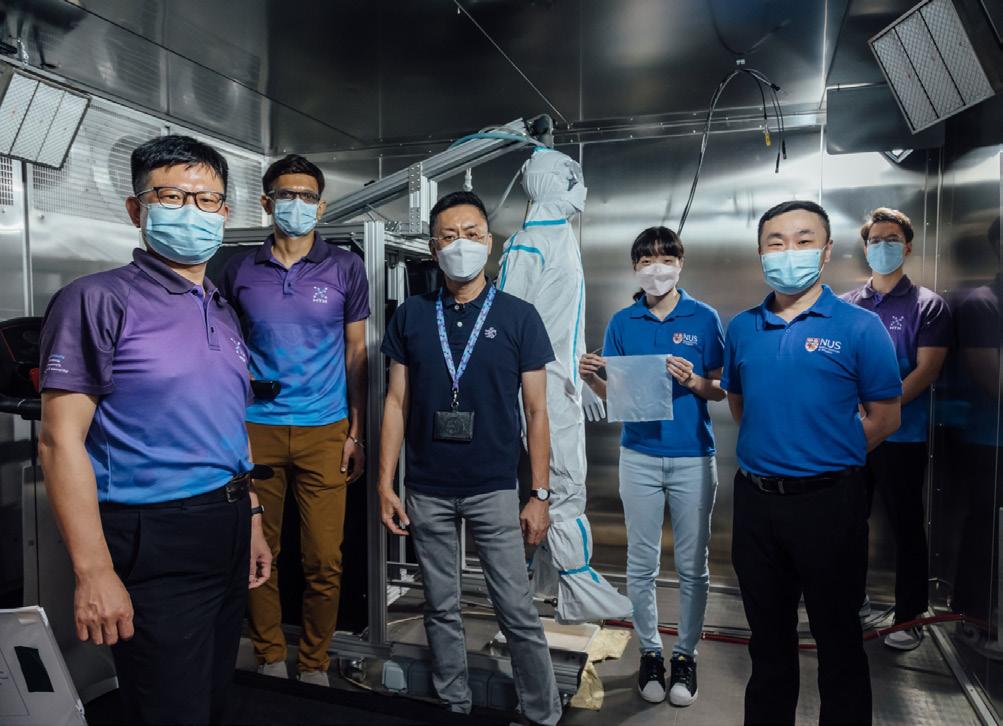
Fat plays an important role in the human body. However, high consumption of fatty foods can result in high cholesterol, which is related to serious diseases such as high blood pressure, heart attack and cancer. A multidisciplinary team of researchers from NUS has come up with an innovative way to upcycle pineapple leaves for fat absorption. The goal of the research is to reduce agricultural waste and increase the profits of farmers. Lead researcher Assoc Prof Duong says: “Fat trappers — in the form of capsules or crackers — made using pineapple leaf fibres are significantly cheaper as the raw material is inexpensive, and the production method developed by our team is very cost-effective.” This novel approach proposed could be used for other types of cellulose fibres, such as sugarcane bagasse and coffee grounds.
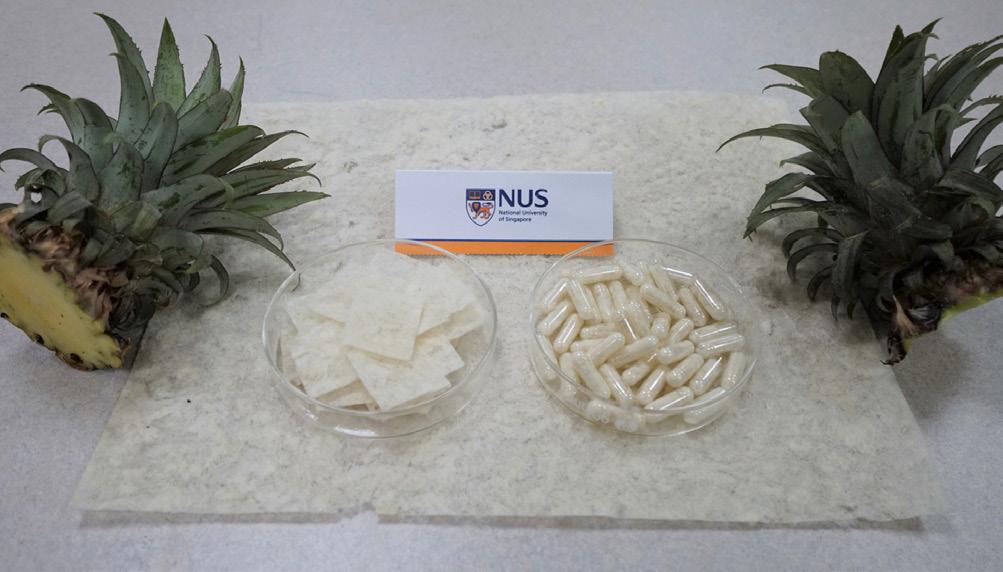
To achieve human-like gripping abilities, robots need computer vision and deep learning algorithms that allow them to recognise objects in front of them and determine their orientation. A team of NUS researchers led by Assoc Prof Raye Yeow from NUS Biomedical Engineering and the NUS Advanced Robotics Centre, has developed a hybrid robotic gripper which can be reconfigured on demand to pick and place a wide range of delicate food items. Assoc Prof Yeow said the new technology offers: “advanced capabilities that allow robots to safely interact with delicate items of various shapes, sizes and stiffness, just like the human hand.”
